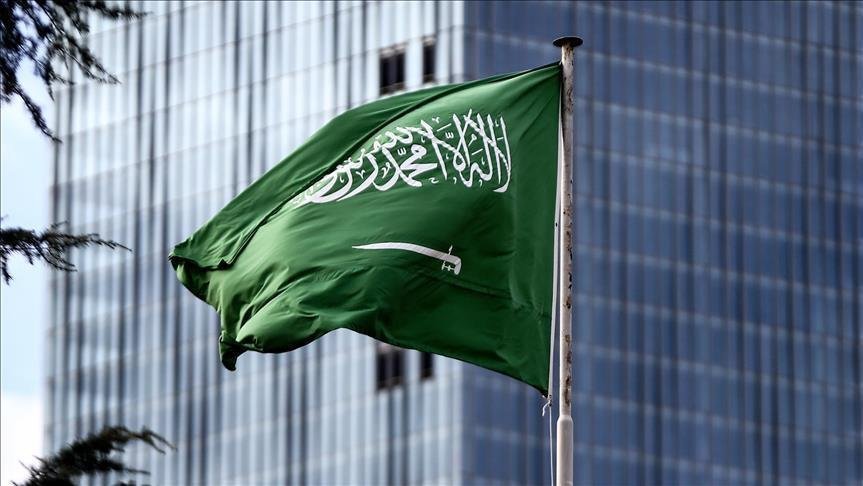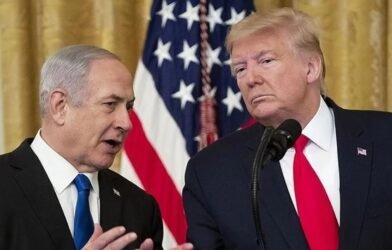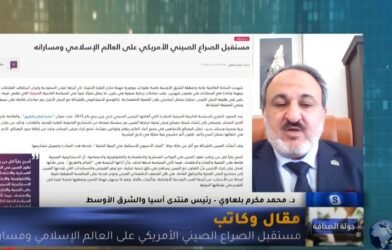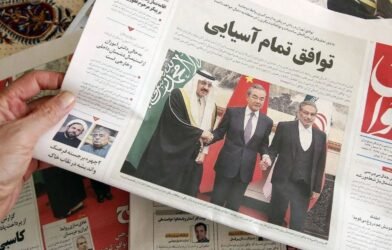Subtotal $0.00
Bloomberg revealed a few days ago that China's sovereign wealth fund is in negotiations to Buy 2 percent of Saudi Aramco shares and the right to store and refine oil for the next 50 years, meaning Saudi Arabia will become China's largest trading partner.
This news came a few weeks after Chinese Foreign Minister Wang Yi's visit to the region and his discussions in Saudi Arabia with Prince Mohammed bin Salman on how to cooperate between the two parties on the basis of integration between Prince Mohammed bin Salman's Vision 2030 and the Belt and Road Initiative launched by Chinese President Xi Jinping in 2013, and talk about strengthening the strategic partnership between the two parties. This was followed by a telephone conversation between the prince and the Chinese president, which, according to Saudi media, focused on the prince's "Green Middle East" initiative, which is one of the largest afforestation projects in the world and is integrated with a local initiative called "Green Saudi Arabia", and how to cooperate in the field of environment. The conversation, of course, touched on strengthening the strategic partnership between the two parties, but more importantly, it gives a strong indication of the continuous rise in Saudi-Chinese relations, which raises a host of questions about the nature of this relationship and the prospects for its development.
Some put the accelerating developments in the relationship between Saudi Arabia and China in the context of Saudi maneuvering with the Biden administration and pressuring him to improve his position on Prince Mohammed bin Salman, and to send messages to the White House that Saudi Arabia is a country that has many options and is not fatally dependent on the partnership with the United States, and that there are important partners like China; they would be very happy to rapprochement with Prince Mohammed bin Salman personally, regardless of all the accusations against him, and with Saudi Arabia as the largest oil exporter in the world and one of the most important countries in the Middle East and the Islamic world. It seems that the Saudi messages have already reached the Biden administration, as US Secretary of State Anthony Blinken stated that America should prepare itself to work with Prince Mohammed bin Salman, because he will remain in power for a long time, which can also be understood to mean that the Americans are no longer interested in replacing him with one of his relatives or supporting opponents of his rule abroad.
However, the volume of exchanges between Saudi Arabia and China and the rocket acceleration in the relationship between the two parties does not seem to be for the purpose of maneuvering with America only. Despite Saudi Arabia's sensitivity to the decline in the American role at the global and regional levels, it may be in a state of actual repositioning and preparing a new list of allies and adversaries. This is not surprising, as this behavior is not limited to Saudi Arabia alone. We saw how the eight-year severed relations between Ankara and Cairo were restored a few days ago, and statements were issued by the Turkish president and Minister for Foreign Affairs There are also some positive Turkish statements towards the UAE, noting that the UAE today is one of the most important importers of Turkish arms.
In the same vein, could Saudi Arabia's semi-public talks with Iran But since the United States is seeking to withdraw from the region and improve its relationship with Iran by returning to the nuclear deal and lifting economic sanctions, what prevents Saudi Arabia from doing the same? Especially since it knows that a better relationship with Iran could mean improved security in Saudi Arabia. Its southern border It could also lead to the resolution of the entire situation in Yemen and stop the continuous drain on the Saudi economy since 2015. It could also lead to a better relationship with Iraq and Syria, which are important countries in the region. Moreover, it could also lead to a better relationship with Iraq and Syria, which are important countries in the region.
On the other hand, the U.S. backbone that Prince Mohammed bin Salman relied on, represented by Donald Trump and Jared Kushner, is effectively out of power, and even at the regional level Benjamin Netanyahu is about to lose power, so will this be an additional reason for rapprochement with Iran, especially since the Iranian threat can be reduced through better relations with China and Pakistan, which seems to be the case Moving Forwardand strong ties with both Ankara and Cairo, neither of these two large states are happy with Iran's expansion into a space that has long been considered their backyard.
In addition to being one of the richest countries in the world, Saudi Arabia has tremendous influence in the Islamic world through its accumulation of soft power that it built during the Cold War period, and as the source of the Islamic legitimacy that many leaders of Islamic countries seek by virtue of the presence of the Two Holy Mosques and the cradle of revelation in its land, it is the most influential country in the Organization of Islamic Cooperation, and it is also located in one of the most geostrategically important regions of the world, and can, if it
We have seen how Saudi Arabia has been involved during the past period in semi-absurd conflicts in Yemen and Syria, which have drained Saudi resources without achieving any real return. It has also entered into a free confrontation with Turkey and Qatar, which has left the most serious damage to its interests and image, yet today it seems to be at a crossroads and trying to find a new path. Will it continue to undertake uncalculated adventures with self-destructive results, or will it move towards a real change in its foreign policy?
The erosion of the American role and the Chinese interest in the region represents a historic opportunity for Saudi Arabia to completely reset its foreign policy and move to a position where it is more comfortable with its neighbors and more in line with its Islamic identity, putting its own interests and the interests of the Islamic nation at the center of its attention, away from external pressures or the compulsions of American partnership.











